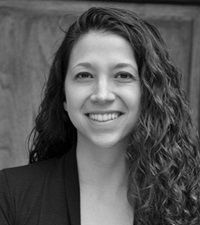© 2025 Clear Inc. All Rights Reserved. Clear® is a registered trademark of Clear Inc. | 125 Park Ave, NY, NY 10017 | (800)223-2793 info@clearinc.com
As a condition of using our site and services, you attest that you have read, have a thorough understanding of and agree to the information contained within this disclaimer as well as our Terms of Use and Privacy Policy. Further use of the site and services serves as confirmation of the foregoing. If you have not read, do not understand and/or do not agree to the foregoing, please navigate away from this site and cease using Clear’s services immediately.
The information contained within this website is for informational purposes only. It should not be construed as an offer or commitment to provide financing or as an approval for financing. All applications are subject to underwriting prior to approval. All terms quoted, although accurate at the time of publication, are subject to change at any time. Unless otherwise stated, interest rates are presented as simple interest. All financing options are offered through partners in our network. Approved loan offers should be considered as pre-approvals and are subject to change. It is likely that additional underwriting will be performed before a final determination is made. As with any contemplated financing transaction, you should always have a thorough understanding of all terms and perform your due diligence in evaluating the product that is the best fit for your business and your business objectives. Clear, and its representatives, are not authorized to provide legal or tax advice of any kind.
California loans arranged pursuant to the California Financing Law, Division 9 (commencing with Section 22000) of the Finance Code. All such loans made through Clearinc Ltd. dba Clear, Inc, a licensed finance lender/broker, California Financing Law License No. 60DBO-166441.
Clearinc Ltd dba Clear, Inc. NMLS ID# 2319849






